Hebrews 4:14 Bible Teaching
Shawn's teaching on Hebrews 4 highlights "Christian rest" through faith and labor, emphasizing God's promises, spiritual rest, and maturity in Christ, avoiding self-effort.
Shawn's teaching on Hebrews 4 highlights "Christian rest" through faith and labor, emphasizing God's promises, spiritual rest, and maturity in Christ, avoiding self-effort.

Shawn's teaching on John 3:14-21 highlights Jesus' use of Moses' serpent story to illustrate spiritual rebirth, emphasizing faith in Christ for eternal life and salvation.

Shawn's teaching emphasizes fearing God as awe, not terror, nurturing faith with reverence, and balancing scripture with faith for spiritual rest, cautioning against King James Onlyism.
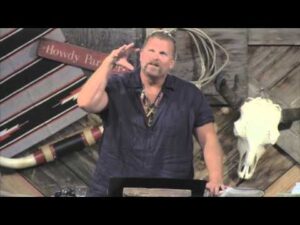
Shawn's teaching offers a foundational biblical view to simplify Christianity's essence, likening it to Dramamine for spiritual turbulence, focusing on rebirth and steadfast faith.

Shawn's teaching unifies new and mature believers through "Milk" and "Meat" studies, using a cruise ship analogy to emphasize born-again faith and spiritual reflection.
Shawn's teaching stresses faith over fear, using Israel's journey as a lesson. It highlights faith's role in overcoming challenges, spiritual growth, and personal guidance.
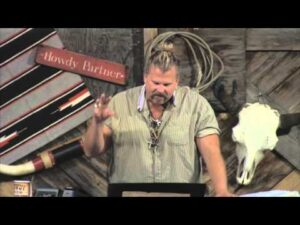
Shawn's teaching emphasizes spiritual rebirth from John 3:1-8, contrasting Adam's spiritual death. It involves transformation, divine love, and humility, highlighting salvation as a gift from God, requiring personal acceptance, and prioritizing faith over worldly ties.

Believers must maintain steadfast faith to remain in the "house of Christ," avoiding an "evil heart of unbelief." Encouragement and trust in God's promises are crucial.
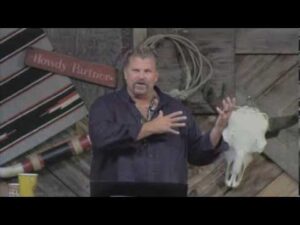
Spiritual rebirth, not water baptism, is essential for entering God's kingdom. The Holy Spirit's unpredictable influence transforms believers, marked by agape love and divine guidance.
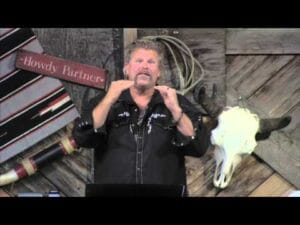
Authentic believers mature into "Sons and Daughters of Glory" by developing faith, avoiding unbelief, and learning from the Israelites' failures in the wilderness.

Jesus is superior to Moses, being the Son over God's house, offering a better promise. Believers must maintain faith, avoid apostasy, and embrace Jesus as Apostle and High Priest.
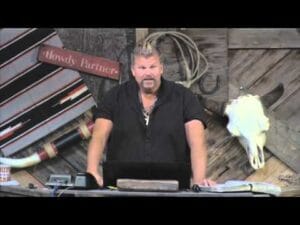
Jesus cleared the temple, predicting His resurrection as a sign of authority. He taught that believers are God's temple, emphasizing faith over actions for spiritual growth.
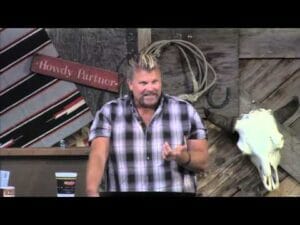
Communion symbolizes Jesus' sacrifice; He overcame death, offering salvation. As a high priest, He mediates for humanity. Salvation is through faith, not works. Alternative to TULIP: Conditional Election, Unlimited Atonement.

Shawn reflects on Jesus instituting communion, cleansing the temple, and righteous anger. Emphasizes faith, sincerity, forgiveness, and divine judgment, guided by scripture.

Jesus, as high priest, reconciles humanity, overcomes death, and aids believers. His suffering exemplifies faith's trials, fulfilling prophecies, and defeating Satan's power.

Shawn's teaching highlights Jesus' first miracle at Cana, symbolizing God's covenant with Israel, emphasizing fidelity, divine love, and the transformative power of Christ's actions.
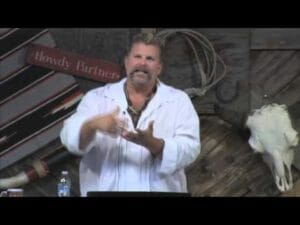
Jesus, made lower than angels, overcame death for salvation. His sacrifice enables believers to overcome flesh through faith, achieving spiritual growth and resurrection.
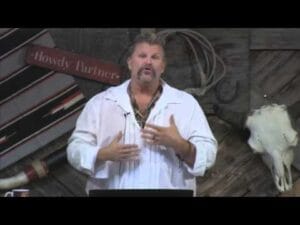
Shawn's teaching highlights Jesus' calling of disciples, emphasizing spiritual focus, humility, and service. He illustrates the transformative journey of followers like Peter and Nathanael, urging believers to point others to Jesus and grow through trials.

Shawn's teaching highlights Jesus' miracles affirming His authority and message, the Bible's enduring truth, and the transformative power of faith and suffering in believers' lives.

John the Baptist highlighted Jesus as the "Lamb of God," emphasizing His sacrificial role for atonement. Baptism symbolizes faith, not salvation, aligning with Jesus' mission.